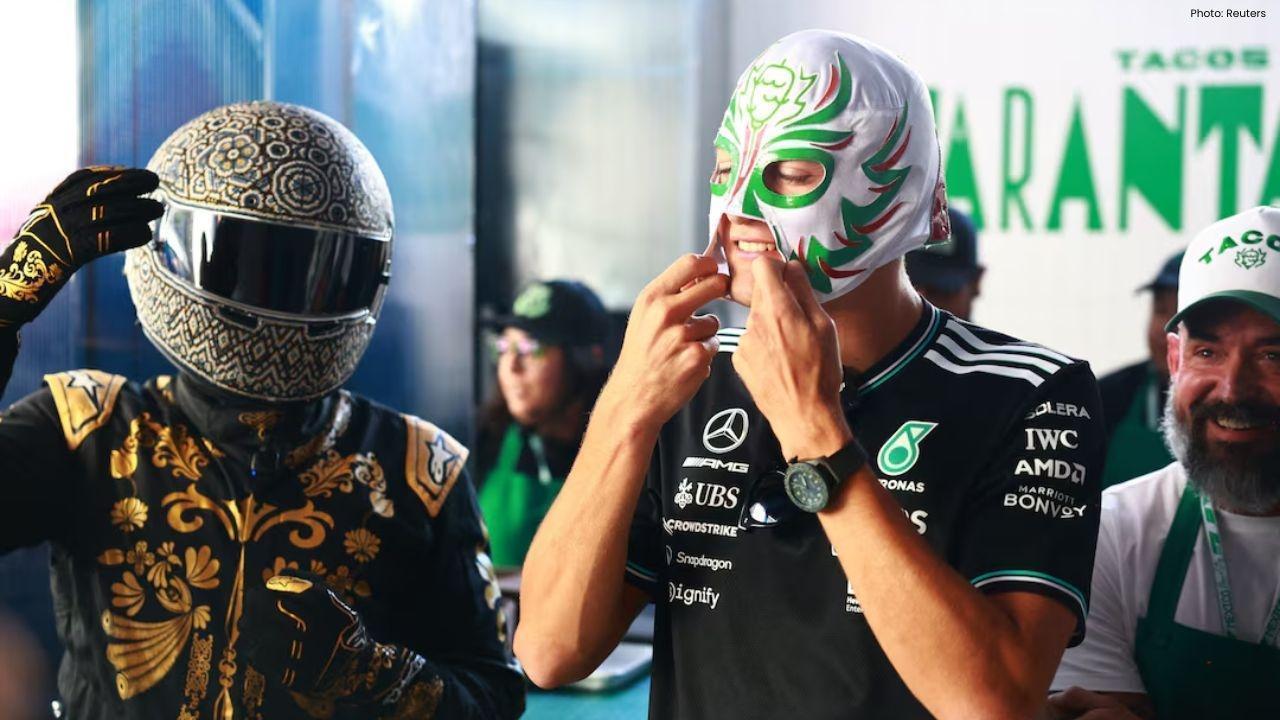
Post by : Monika
On October 9, 2025, Ursula von der Leyen, President of the European Commission, faced two no-confidence votes in the European Parliament. These votes were brought forward by both far-right and left-wing groups, who criticized her policies and leadership. Despite these challenges, von der Leyen successfully survived both votes, keeping her position as the head of the European Commission.
This event is significant because it shows the political challenges facing the European Union (EU) leadership and highlights how divided the European Parliament has become. The no-confidence votes occurred amidst debates over trade agreements, environmental policies, and global conflicts, including issues like the EU’s response to Gaza and the EU-Mercosur trade deal.
Details of the Votes
For context, in July 2025, a similar no-confidence motion saw 360 lawmakers vote against her, showing that opposition has been increasing. However, during her re-election in July 2024, she received 401 votes, reflecting stronger support at that time.
Far-Right Groups
Criticized her environmental policies, arguing that green policies harm businesses and economic growth.
Opposed her approach to illegal migration, calling it weak and ineffective.
Left-Wing Groups
Criticized the EU’s response to the Gaza conflict, saying the EU was not doing enough to protect civilians.
Opposed the EU-Mercosur trade agreement and a tariff deal with the U.S., arguing these deals hurt farmers, workers, and the environment.
Despite these criticisms, the motions were unlikely to succeed because of the high number of votes required for removal. However, the very fact that they were brought forward shows the growing dissatisfaction with von der Leyen’s leadership, particularly among far-right members who gained seats after the 2024 elections.
Political Context
The European Parliament has become more polarized in recent years. Far-right parties gained more power in the 2024 elections, while traditional centrist parties have lost some influence. This means von der Leyen faces increasing political pressure and must negotiate carefully to pass key policies.
Some of the main issues creating tension include:
Trade Deals: Agreements like EU-Mercosur and U.S. tariffs are controversial. Some members believe these deals benefit corporations while harming small businesses and the environment.
Environmental Policies: Von der Leyen has pushed for strong climate change policies. While these policies are supported by some, far-right members argue they are harmful to the economy.
Global Conflicts: The EU’s response to international crises, such as Gaza, has been criticized by both sides. Some say the EU is too slow, while others say it interferes too much in foreign conflicts.
Immediate Reactions to the Votes
The votes triggered reactions across Europe and the world:
Within the EU: Supporters of von der Leyen celebrated her survival. They said it shows that her leadership still has strong backing despite political challenges.
Opposition Groups: Both far-right and left-wing members expressed disappointment. They said the votes indicate that many people are unhappy with her policies and that they will continue to push for change.
International Community: Leaders from the United States, United Kingdom, and other EU member states praised the parliamentary process. They emphasized the importance of maintaining stability in the EU, especially given global economic and political challenges.
Implications for von der Leyen’s Leadership
Surviving the votes is a political victory, but it also highlights several challenges:
Rising Polarization: The European Parliament is divided, making it harder to get unanimous support for policies.
Policy Negotiations: Von der Leyen must now carefully navigate policies on trade, climate, and global crises. Any unpopular decision could trigger another no-confidence motion.
Future Scrutiny: The EU-Mercosur trade agreement and other policies will undergo intense parliamentary review. Von der Leyen’s ability to manage opposition will be tested.
Political Pressure: Far-right groups are gaining more influence. Von der Leyen may need to compromise on certain issues to avoid further challenges.
Historical Significance
No-confidence votes are rare in the European Parliament. Surviving them reinforces von der Leyen’s position but also signals that her leadership is under closer scrutiny than ever.
This situation also highlights the EU’s complex political system, where leaders must balance the interests of multiple member states and diverse political groups. It shows that even a strong leader cannot ignore the concerns of opposition parties.
Future Challenges
Ursula von der Leyen’s survival of the no-confidence votes shows that while she maintains authority, her leadership is challenged by political opposition. The European Parliament is becoming more polarized, and future decisions will be carefully watched.
Her ability to navigate these challenges will determine not only her political future but also the future direction of the European Union. While she remains in power, the votes serve as a reminder that strong leadership requires compromise, negotiation, and awareness of the concerns of diverse political groups.










NBA Friday Recap: Powerhouse Wins for Miami, LA, Milwaukee, and Clippers
Miami, LA Lakers, Milwaukee, and Clippers triumphed in a thrilling NBA Friday, showcasing standout p

Doncic Shines with 49 Points in Lakers' 128-110 Victory over Timberwolves
Luka Doncic dazzles with 49 points as the Lakers secure a 128-110 win against the Timberwolves, show

Kings Triumph Over Jazz 105-104 with Last-Minute Sabonis Effort
The Sacramento Kings edged out the Utah Jazz 105-104, with Domantas Sabonis making the decisive shot

Argentina's Friendly Match Against India Delayed, New Date to be Announced
The friendly match between Argentina and India in Kochi has been postponed due to FIFA approval dela

Rohit and Kohli Conclude ODI Journeys in Australia with a Victory
Rohit Sharma and Virat Kohli bid adieu to Australian ODIs with a final win, forming a 168-run partne

George Russell's Wrestling Mask Antics at Mexican Grand Prix
George Russell donned a wrestling mask to enjoy the Mexican Grand Prix from the stands, providing a